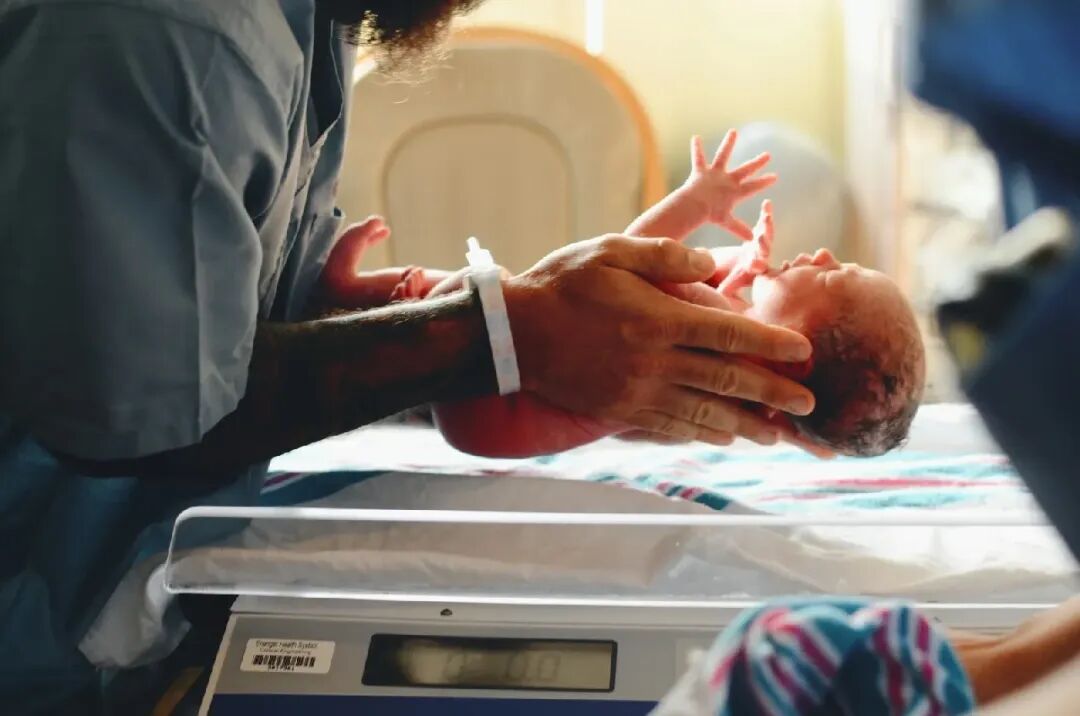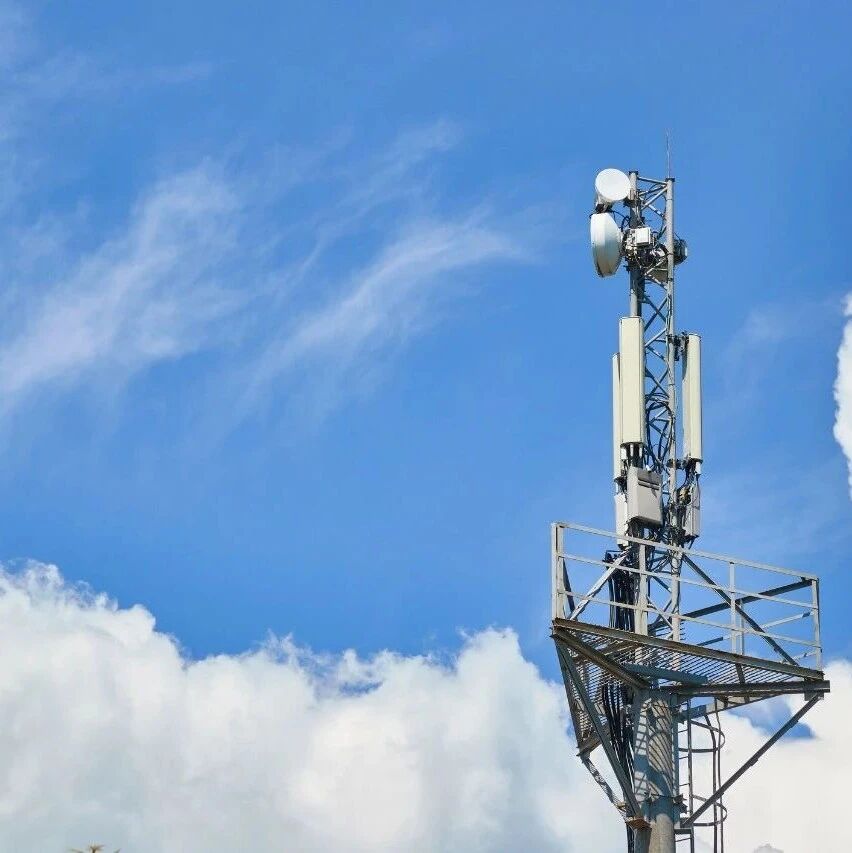:Unsplash/Christian Bowen
Anna Cecilia Frellsen
Tuomas Nyman
Neuvo Inc. Global
100,,
Safe DeliveryAINeMa,,
,
(Maternity Foundation)AINeuvo Inc. GlobalAIAI,,8006400,43.5,,Neuvo Inc. GlobalAI——NeMa,Safe Delivery,Treating pregnancy and childbirth complications requires a race against time. With the NeMa smart robot, the company hopes the Safe Delivery app will provide midwives and other healthcare professionals with even greater support, ultimately helping to ensure safer deliveries.The Maternal Health Foundation and Neuvo Inc. Global have been committed from the outset to ensuring that the answers provided by the NeMa smart robot are scientifically validated and based on thoroughly reviewed clinical data. As a result, the robot’s responses must be screened and approved by the Maternal Health Foundation’s clinical team and comply with India’s national standards.In other words, the smart robot operates within a closed system rather than generating answers via an internet search engine. It can also function offline, ensuring accuracy even in areas with limited or no connectivity.Over the past year, NeMa smart robots underwent two rounds of pilot testing in India, conducted in collaboration with Indian authorities and supported by the United Nations Population Fund and pharmaceutical company Organon. Historically, the Maternal Foundation has worked closely with Indian authorities to enhance midwifery knowledge and skills in underserved regions across the country, ultimately helping to reduce maternal mortality rates nationwide.Data collection is critical to the pilot process, providing insights into how intelligent robots are being used and helping us understand the needs of midwives and healthcare professionals. The data is leveraged to enhance the robots' responses and functionalities. Currently, several measures have been implemented to ensure user data remains anonymous, while also guaranteeing that access and usage procedures are secure for everyone involved.In Punjab province, around 130 midwives and other healthcare workers participated in the pilot test, with overall feedback remaining positive. Among the 60 respondents who took part in the second-round pilot feedback survey, 84% reported that the NeMa smart robot consistently or most of the time provided the answers they needed.Additionally, in 14 in-depth interviews, all respondents agreed that intelligent robots help enhance knowledge. Many users in remote areas with limited internet access prefer using them offline.“One of my favorite things about the NeMa smart robot is that it provides answers instantly. Sometimes, we can’t find the right answer when searching online, but with the smart robot, that never happens,” said a user who participated in the pilot test.So far, the NeMa smart robot has not yet been integrated into all modules of the Safe Deliver application; the full version will undergo testing in the second half of 2024. Based on feedback and real-world experience, the Maternal Health Foundation and Neuvo Inc. Global will assess how to maximize the use of AI to ensure safer childbirths—both in India and beyond.
The above content solely represents the author's personal views.This article is translated from the World Economic Forum's Agenda blog; the Chinese version is for reference purposes only.Feel free to share this on WeChat Moments; please leave a comment below the post if you’d like to republish.
Translated by: Di Chenjing | Edited by: Wang Can
The World Economic Forum is an independent and neutral platform dedicated to bringing together diverse perspectives to discuss critical global, regional, and industry-specific issues.
Follow us on Weibo, WeChat Video Channels, Douyin, and Xiaohongshu!
"World Economic Forum"





